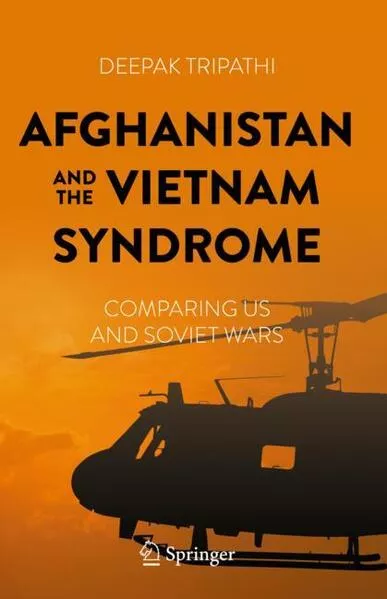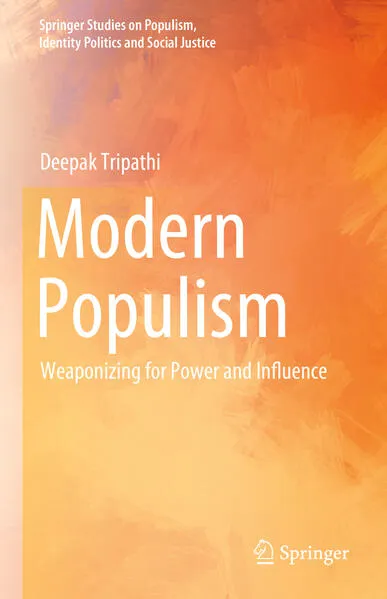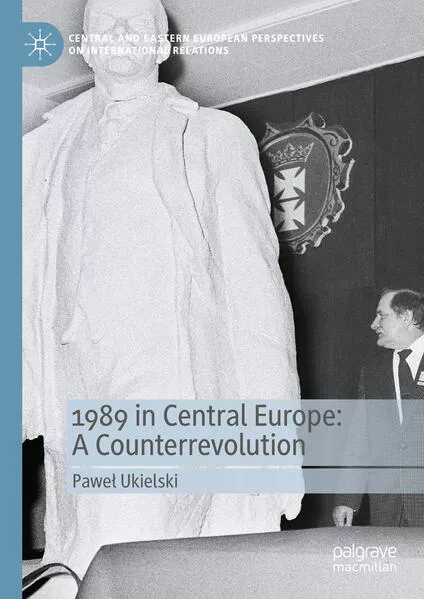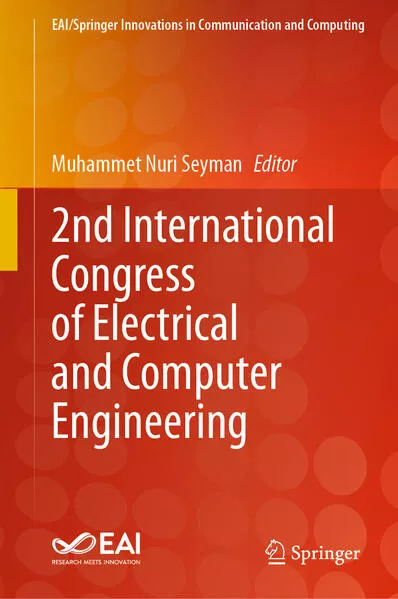
Deepak Tripathi
Afghanistan and the Vietnam Syndrome
- Comparing US and Soviet Wars
ISBN: 978-3-031-23554-2
173 Seiten | € 37.44
Buch [Gebundenes Buch]
Erscheinungsdatum:
24.02.2023
Politik
Deepak Tripathi
Afghanistan and the Vietnam Syndrome
Comparing US and Soviet Wars
4.0/5.00 bei 1 Reviews - aus dem Web
Great powers have often found that military adventurism to force their will in distant lands comes with the risk of spending excessive military, economic, and moral capital to the extent that war is no longer sustainable. Written by a former BBC Afghanistan correspondent who set up the corporation’s bureau in Kabul in the early 1990s, this book draws both from scholarly knowledge as well as first-hand insights on how the Americans met that fate in Vietnam, and the Soviets and Americans in Afghanistan. America’s 1975 retreat from Vietnam was a consequential event, prompting US commentators to explain it as reluctance to get involved in foreign wars, a mindset described as the Vietnam Syndrome.
As Deepak Tripathi points out, the Vietnam experience made the Americans determined to give the Soviets their own Vietnam. The 1979 Soviet invasion of Afghanistan, and retreat after a decade of occupation, represented the revenge America sought. However, President George W. Bush’s decision to invade Afghanistan after the 9/11 attacks was the beginning of a long military venture that ended in retreat in 2021. Addressing an academic as well as a general audience, Tripathi explores parallels between wars in Afghanistan and Vietnam, and shows how the United States and the Soviet Union met the same fate.
As Deepak Tripathi points out, the Vietnam experience made the Americans determined to give the Soviets their own Vietnam. The 1979 Soviet invasion of Afghanistan, and retreat after a decade of occupation, represented the revenge America sought. However, President George W. Bush’s decision to invade Afghanistan after the 9/11 attacks was the beginning of a long military venture that ended in retreat in 2021. Addressing an academic as well as a general audience, Tripathi explores parallels between wars in Afghanistan and Vietnam, and shows how the United States and the Soviet Union met the same fate.
Unterstütze den lokalen Buchhandel
Nutze die PLZ-Suche um einen Buchhändler in Deiner Nähe zu finden.
Bestelle dieses Buch im Internet
| Veröffentlichung: | 24.02.2023 |
| Höhe/Breite/Gewicht | H 23,5 cm / B 15,5 cm / - |
| Seiten | 173 |
| Art des Mediums | Buch [Gebundenes Buch] |
| Preis DE | EUR 37.44 |
| Preis AT | EUR 38.49 |
| ISBN-13 | 978-3-031-23554-2 |
| ISBN-10 | 3031235541 |
Über den Autor
Deepak Tripathi, PhD, is a Fellow of the Royal Historical Society, and a Fellow of the Royal Asiatic Society of Great Britain and Ireland. A former journalist, Tripathi worked for the BBC for 23 years as a foreign correspondent, commentator, and editor. As the BBC Afghanistan correspondent, he set up the corporation’s bureau in Kabul in the early 1990s. He also reported from Syria, Pakistan, Sri Lanka, and India. Tripathi is the author of a Middle East trilogy.Diesen Artikel teilen
0 Kommentar zu diesem Buch
... weitere Publikationen von Tripathi, Deepak
.... weitere Publikationen von Springer International Publishing
Leserunde
Echo aus dem Eis: Band 2 der Northern-Drift-Reihe - Aviation-Mystery in Eis und Dunkelheit
Bewerbungsfrist bis zum: 03.03.2026





















